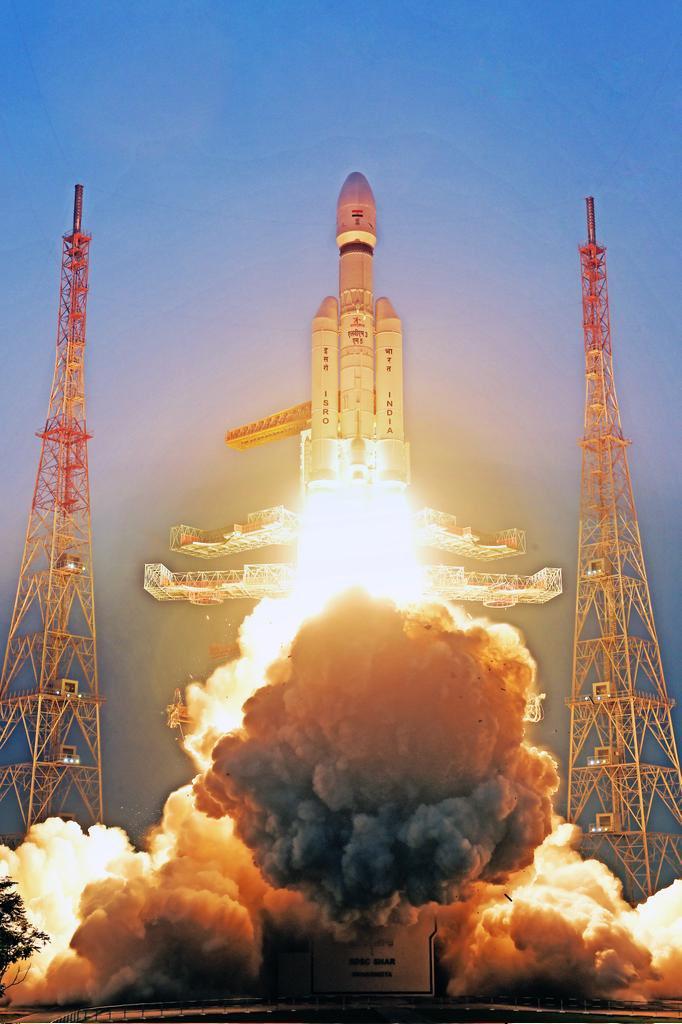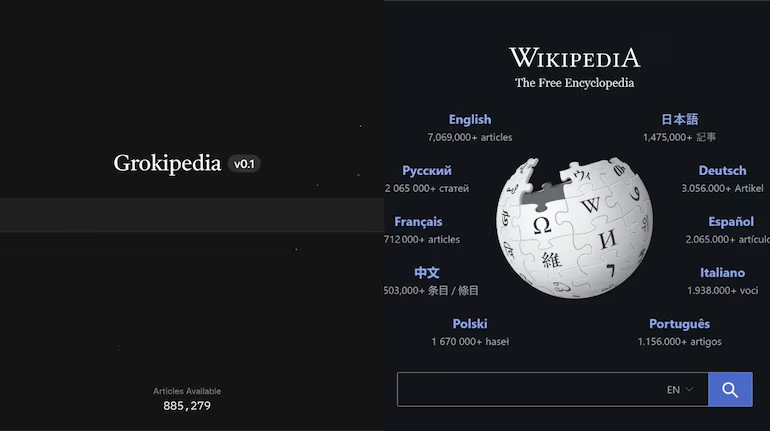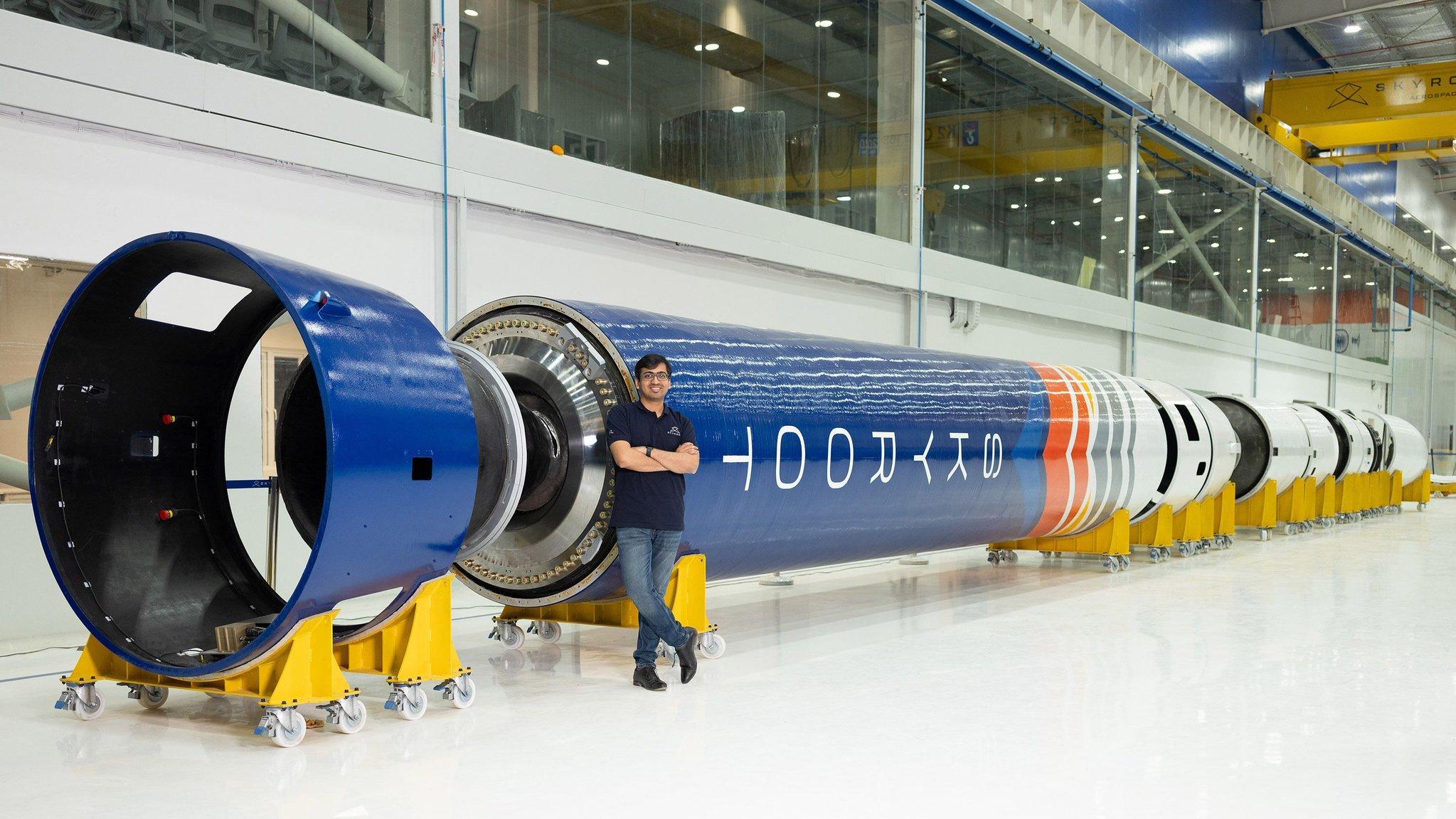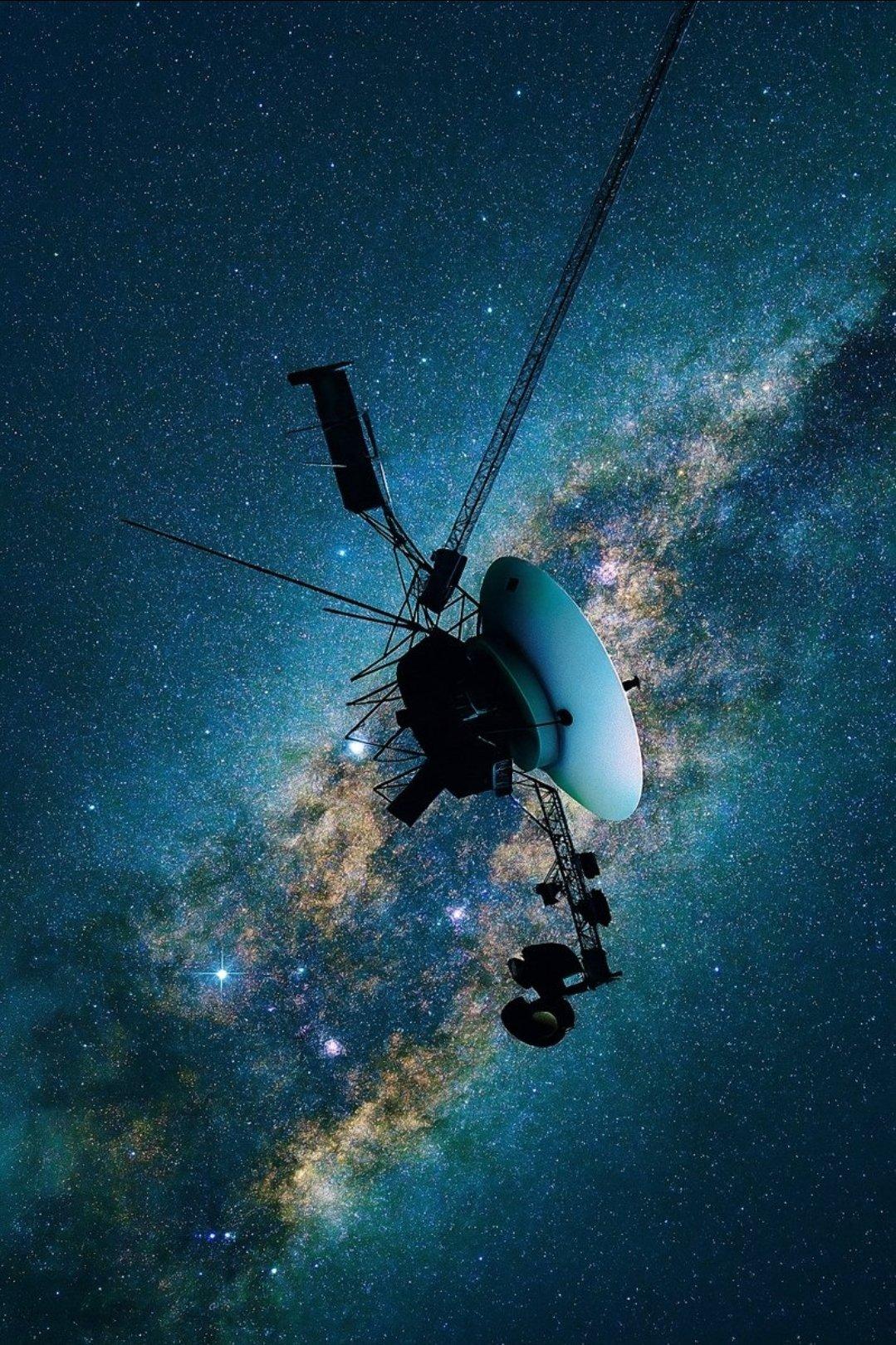WHY GROKIPEDIA IS MAKING THE MEDIA MELTDOWN - AND WHY THAT’S A GOOD THING
The legacy media is melting down over a digital encyclopedia. Not a government scandal. Not a war. A website. It’s called Grokipedia, Elon's AI-powered alternative to Wikipedia, and it has already done the unthinkable: challenged the establishment’s control over online “truth.”
Launched in beta as version 0.1, Grokipedia already has more than 885,000 entries, and that’s just the start. Musk says version 1.0 is coming soon and promises it will be “ten times better”. Better than what? According to Musk: better than Wikipedia itself. And if you look at how both sites handle controversial topics, he might be right.
Wikipedia is run by volunteers, but let’s not kid ourselves, ideological gatekeeping is baked into its DNA. From politics to culture to science, pages are shaped by editors who lean overwhelmingly left. Anyone who’s ever tried to update a conservative viewpoint knows what happens: instant reversion, flags, bans, and “consensus.”
It’s not “the wisdom of the crowd.” It’s the orthodoxy of a very specific crowd.
Grokipedia’s arrival struck a nerve because it breaks that consensus. It doesn’t just rewrite articles, it reframes narratives. The BLM entry? It notes the movement’s scale, but also includes the violence, property damage, and 25 deaths linked to the 2020 riots. Wikipedia barely mentions that.
The Tucker Carlson page? It calls out the systemic media bias he exposed, citing actual reporting, something Wikipedia refuses to do without filtering it through their editorial “neutrality” filter.
Even the entry on Elon Musk pulls no punches. It praises his impact, while noting the relentless attacks from left-leaning media. Shocking, right?
This isn’t about articles, it’s about power. Wikipedia has held a near-monopoly over online reference knowledge since 2001. Now, an AI-driven, open-access rival shows up and suddenly every blue-check pundit is in DEFCON 1 mode.
The panic isn’t about errors. It’s about losing control over the narrative. Grokipedia lets people see different angles, uncensored, and that alone makes it dangerous to the establishment.
Truth Doesn’t Need a Gatekeeper
Grokipedia isn’t perfect. No source is. But it offers something we haven’t had in a long time: real competition in the knowledge economy. And that’s exactly why it’s driving Wikipedia’s defenders, and their media allies, absolutely mad.
If your version of “truth” can’t stand up to a free marketplace of ideas, maybe it was never the truth to begin with.
#wikipedia #mayopedia #Grokipedia #scrolllinkWHY GROKIPEDIA IS MAKING THE MEDIA MELTDOWN - AND WHY THAT’S A GOOD THING
The legacy media is melting down over a digital encyclopedia. Not a government scandal. Not a war. A website. It’s called Grokipedia, Elon's AI-powered alternative to Wikipedia, and it has already done the unthinkable: challenged the establishment’s control over online “truth.”
Launched in beta as version 0.1, Grokipedia already has more than 885,000 entries, and that’s just the start. Musk says version 1.0 is coming soon and promises it will be “ten times better”. Better than what? According to Musk: better than Wikipedia itself. And if you look at how both sites handle controversial topics, he might be right.
Wikipedia is run by volunteers, but let’s not kid ourselves, ideological gatekeeping is baked into its DNA. From politics to culture to science, pages are shaped by editors who lean overwhelmingly left. Anyone who’s ever tried to update a conservative viewpoint knows what happens: instant reversion, flags, bans, and “consensus.”
It’s not “the wisdom of the crowd.” It’s the orthodoxy of a very specific crowd.
Grokipedia’s arrival struck a nerve because it breaks that consensus. It doesn’t just rewrite articles, it reframes narratives. The BLM entry? It notes the movement’s scale, but also includes the violence, property damage, and 25 deaths linked to the 2020 riots. Wikipedia barely mentions that.
The Tucker Carlson page? It calls out the systemic media bias he exposed, citing actual reporting, something Wikipedia refuses to do without filtering it through their editorial “neutrality” filter.
Even the entry on Elon Musk pulls no punches. It praises his impact, while noting the relentless attacks from left-leaning media. Shocking, right?
This isn’t about articles, it’s about power. Wikipedia has held a near-monopoly over online reference knowledge since 2001. Now, an AI-driven, open-access rival shows up and suddenly every blue-check pundit is in DEFCON 1 mode.
The panic isn’t about errors. It’s about losing control over the narrative. Grokipedia lets people see different angles, uncensored, and that alone makes it dangerous to the establishment.
Truth Doesn’t Need a Gatekeeper
Grokipedia isn’t perfect. No source is. But it offers something we haven’t had in a long time: real competition in the knowledge economy. And that’s exactly why it’s driving Wikipedia’s defenders, and their media allies, absolutely mad.
If your version of “truth” can’t stand up to a free marketplace of ideas, maybe it was never the truth to begin with.
#wikipedia #mayopedia #Grokipedia #scrolllink










